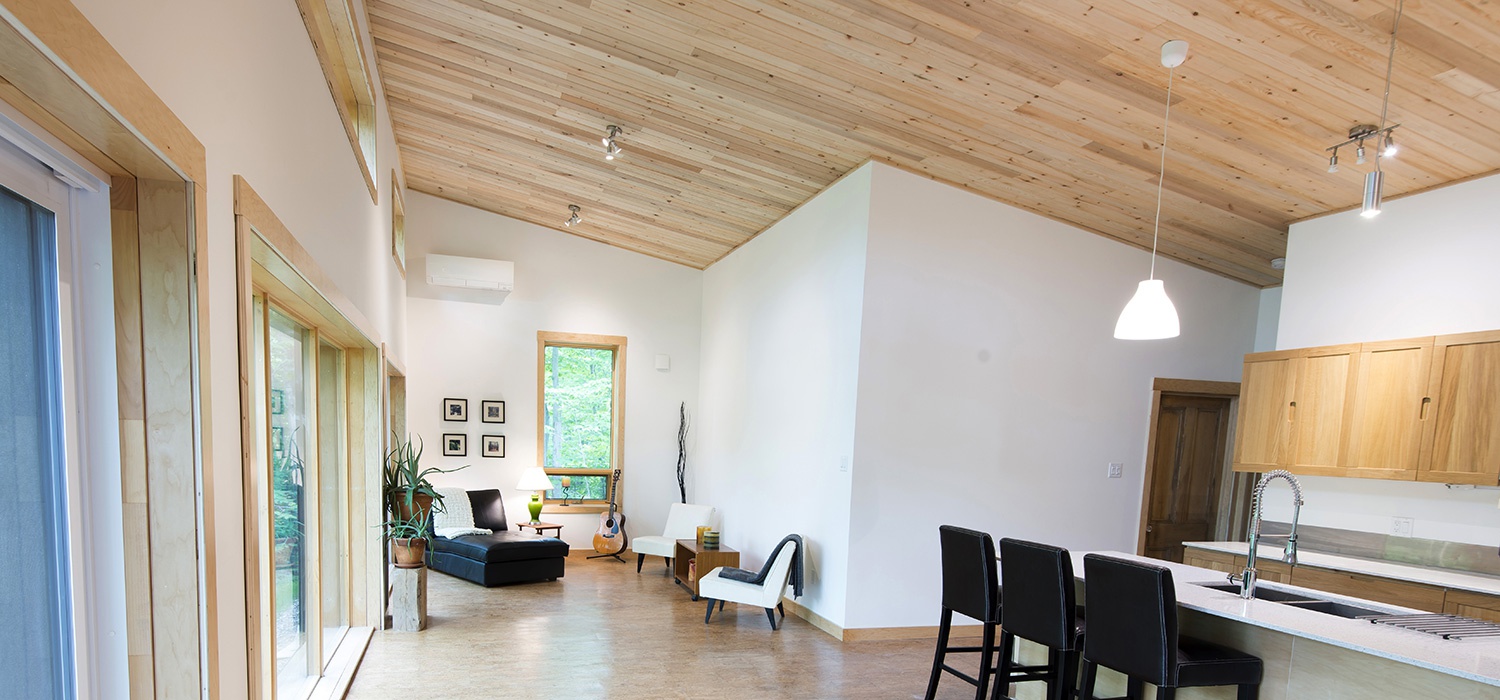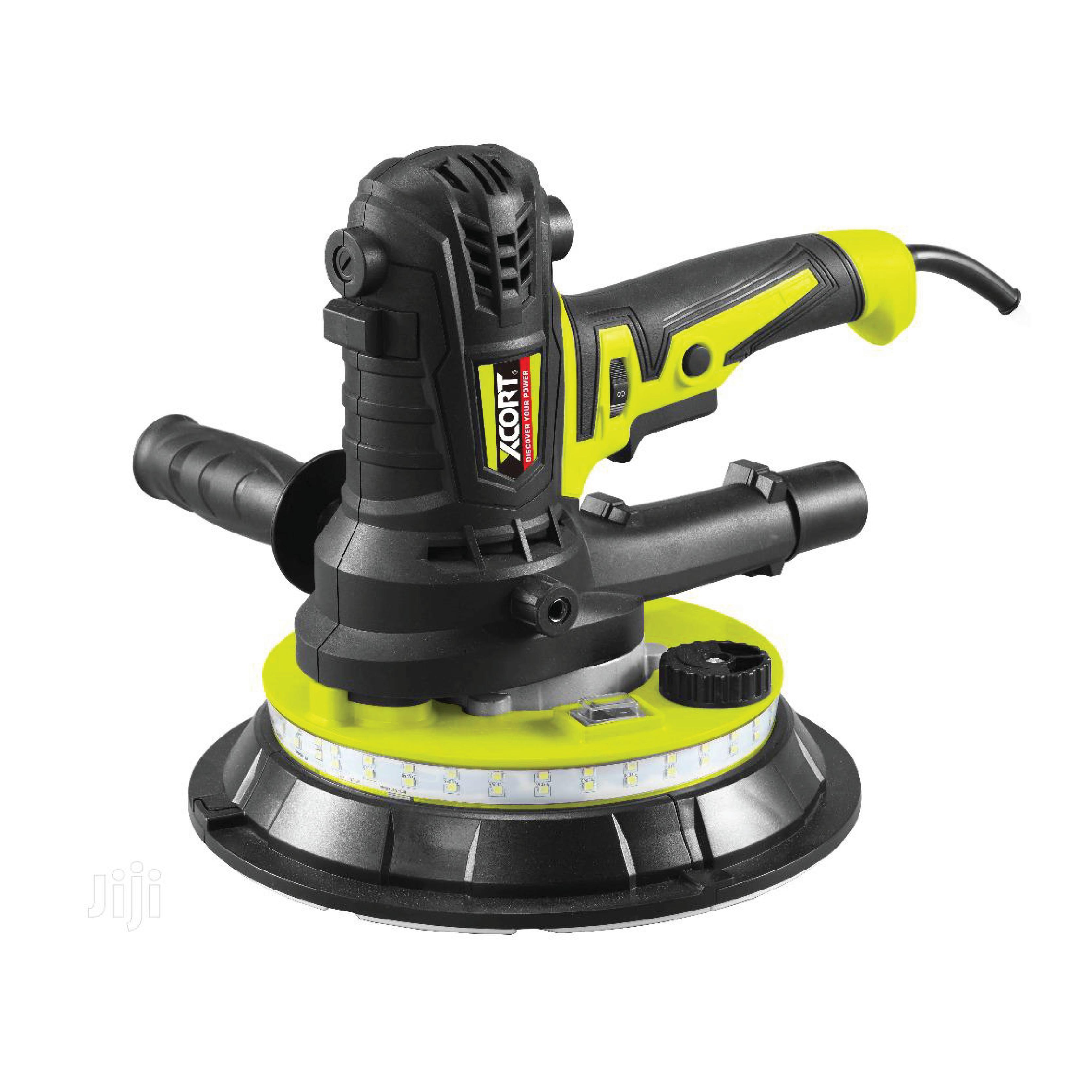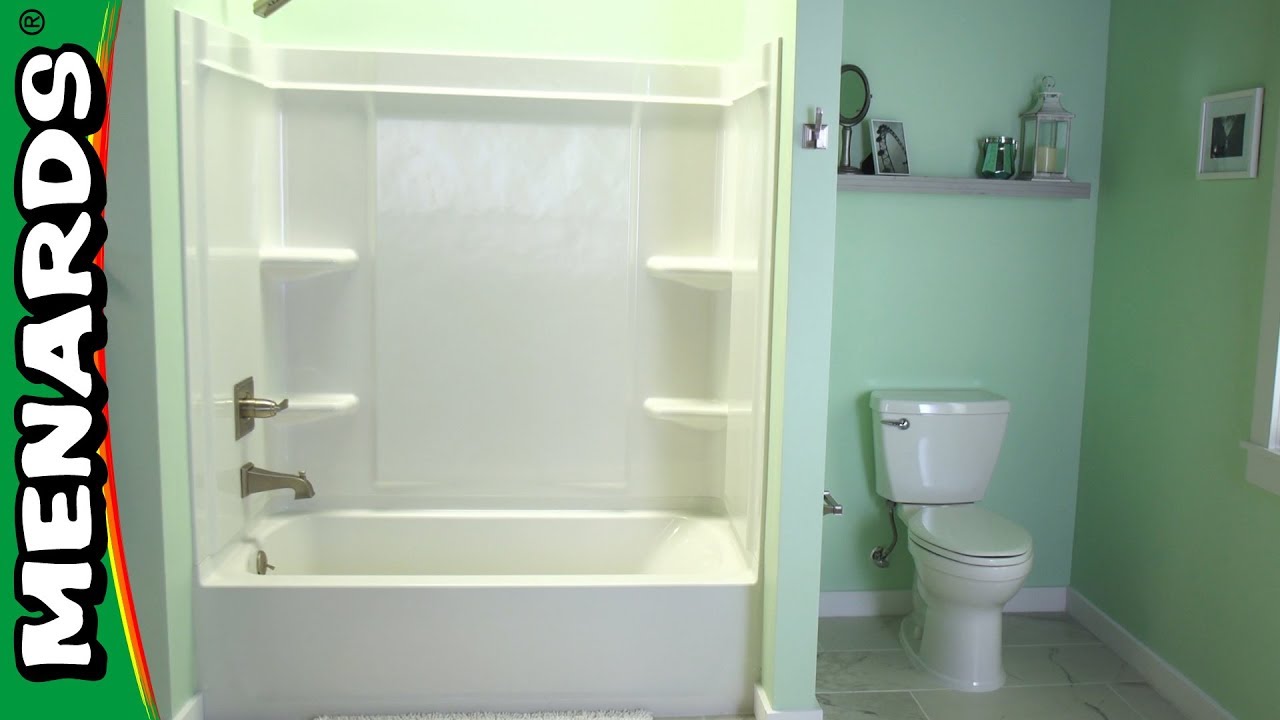
The best drywall grinder is a powerful tool that can remove uneven surfaces easily and sand and drywall ceilings. The 360-degree LED illumination makes it easier to work in dark areas. This sanders are typically vacuum-powered making cleanup easy.
Dustless sanders are the best because they don't leave behind any dust. This is a big advantage when sanding. But if you need to sand a large space, you might consider using a sander with vacuum.
The POWER-PRO2100 electric drywall sander, is the strongest on the market. Its compact design makes it ideal for tight areas. It has a motor with a five-amp motor mounted on the head and a five level speed dial. It can smoothen walls or ceilings.

Folding retractable handles are another highlight of this sander. The handle can reach up to 5.5 feet high, and it retracts easily. Sanding can even be done while standing on the floor.
The package includes a carry bag as well as 12 sanding papers. Two carbon brushes come with the sander for easier use. Powered by a 5-amp motor, this sander can sand up to 2,100 RPM. This sander has a sanding wheel that looks like a triangle. It is easy to maneuver and sand all surfaces.
The Makita XLS01T is a great performer with a long run-time. The 5.0Ah battery can provide up to 35 minutes of service. You can also use the adjustable extension pipe to accomplish a wide range of tasks. Your abrasive wheels are 120 grit.
There are many kinds of sanders. Some of them are designed for detail sanding and others are good for sanding flat surfaces. You should consider how much work you have to do, the space available, and the price. You can use a smaller sander if you're only sanding small areas. It is better to buy a higher-end sander if you intend to sand a larger surface or an entire room.

If you're looking to find an electric sander with reliability and ease of use, the TOKTOO Electric Sander is a great choice. Its swiveling handle allows you to reach the most difficult corners of your workspace. The 360-degree rotary dust shroud is removable and the brush segment can be detached to make it easier for you to move about.
The sander also has a dust collection system, and an integrated vacuum. For plastering or drywall sanding, it is important to use a sander that has a vacuum. As the sander turns, the impeller pulls up drywall dust and puts it in a container.
The WEN 6369 is an affordable drywall sander. With its head that swivels in all directions, it is easy to reach different angles and achieve a smooth finish. The engine's head, five-amp motor is mounted on the head and provides five-amp power. It also has a variable speed range from 800 to 2,100 RPM.
FAQ
How Much Does It Cost to Renovate A House
The type of material, the project size and the complexity of renovations will all impact the cost. Some materials like wood need additional tools, like saws or drills, while others like steel don't. The price for renovations will also vary depending on whether you would like your contractor to do all of the work for you or if it is something you prefer.
Home improvement projects cost on average $1,000 to $10,000. The average cost of home improvement projects would be between $5,000 and $25,000. If you hire professionals, the cost would be between $5,000 and $25,000. However, if the task is done entirely by yourself, the cost could rise to as high as $100,000.
The final cost for renovation depends on many factors. The cost of renovation depends on the material used (e.g. These factors include whether brick is concrete or brick, how large the project is, how many workers are involved, the duration of the project and so on. These are all important factors to consider when estimating renovation costs.
Should you do floors or walls first?
The best way to start any project is by deciding on what you want to achieve. It is important that you think about how and who you want to use the space. This will help you decide if you should go for flooring or wall coverings.
You might choose to first install flooring if your goal is to create an open concept kitchen/living area. Wall coverings can be used if the intention is to keep this area private.
Is there anything I can doto save money on my home renovation?
By doing all the work yourself, you can save money. Consider reducing the number or people that you employ during renovations. You could also try to find ways to reduce the cost of materials used in the renovation process.
Can I do the whole renovation myself?
If you are able to do it yourself, why not pay someone else?
It doesn’t matter how much DIY is your passion, sometimes it can be difficult to do the job yourself. There could be too many variables to manage.
For example, if you live in an old home, you might find that the wiring is outdated and you would need to hire a qualified electrician to make sure that your electrical system is safe and reliable.
You also need to consider the fact that you might not be able to handle any kind of structural damage that might occur during the renovation process.
Additionally, you may not have the right tools to complete the job. A plumber's snake is an instrument that can be used to unclog pipes.
You must also follow plumbing codes to ensure that a licensed plumber is working on your project.
The bottom line is that you need to know exactly what you are capable of doing before you embark on such a big task.
If you aren't sure if you have the skills or knowledge to tackle the task, get help from your family and friends.
They can help you determine the right steps and where you can find out more.
In what order should home renovations be done?
When renovating your home, the first thing to do is decide where everything should go. If you are looking to sell your property soon, you need to plan how you will present your home to buyers. Next, think about how you want your living space, including the kitchen, bathroom and living room. After you've decided on the rooms that you wish to renovate, it is time to start searching for contractors who are experts in these areas. Once you have hired a contractor you can begin work on your renovation project.
Do I need permits to renovate my house?
Yes, you will need permits before starting any home improvement project. In most cases you will need to have a building permit along with a plumber's permit. A zoning permit may be required depending on what type of construction you are doing.
Statistics
- Most lenders will lend you up to 75% or 80% of the appraised value of your home, but some will go higher. (kiplinger.com)
- A final payment of, say, 5% to 10% will be due when the space is livable and usable (your contract probably will say "substantial completion"). (kiplinger.com)
- ‘The potential added value of a loft conversion, which could create an extra bedroom and ensuite, could be as much as 20 per cent and 15 per cent for a garage conversion.' (realhomes.com)
- It is advisable, however, to have a contingency of 10–20 per cent to allow for the unexpected expenses that can arise when renovating older homes. (realhomes.com)
- Design-builders may ask for a down payment of up to 25% or 33% of the job cost, says the NARI. (kiplinger.com)
External Links
How To
Five Things You Must Know Before Starting Your Home Renovation
-
This is a big undertaking. If you're planning on embarking on major home improvement projects like renovating your kitchen, bathroom, or building a brand new house, it's certain that you'll need to have some assistance. However, if you feel unsure about your ability to complete such a big task by yourself, you might consider hiring someone to help you. You could lose a lot of time and money and not reap any real benefits. Instead, hire someone who has experience in this field to assist you. They will help you save time and stress and still give you a beautiful home to live in.
-
How much should a project cost? - This one might seem obvious, but spending too much on a renovation project could actually make matters worse. This is because most of the cost will be recouped at the end. If you have a budget in place, stick with it. Without it, you may end up paying a lot but not getting anything back.
-
Should I hire professional tradespeople or DIY? - There is no right or incorrect answer. However, we recommend hiring professional tradespeople when you can afford them. They can give you sound advice about how to proceed with your project. They'll install your plumbing correctly, provide a warranty, and ensure everything goes according to plan. On the flip side, DIY projects usually involve lots of trial and error, which means you'll have to learn a lot of lessons the hard way. Additionally, you will have to deal all manner of problems that can arise along the way.
-
Can I afford it? - Don’t underestimate the cost associated with a home renovation. Even if you believe you can handle it yourself, it might be necessary to borrow money from your family or friends just to cover the costs. When you want to sell your existing property quickly after the renovations are complete, you will need to account for the price of selling it.
-
Which place should I start? There are no right or wrong places to begin when choosing where to start. However, we would suggest that you choose somewhere that you enjoy working on. You'll feel more motivated to work and less likely to procrastinate. You should also avoid areas that require extensive maintenance. For instance, you shouldn't attempt to redecorate your living room if you're constantly dealing with dust and dirt.